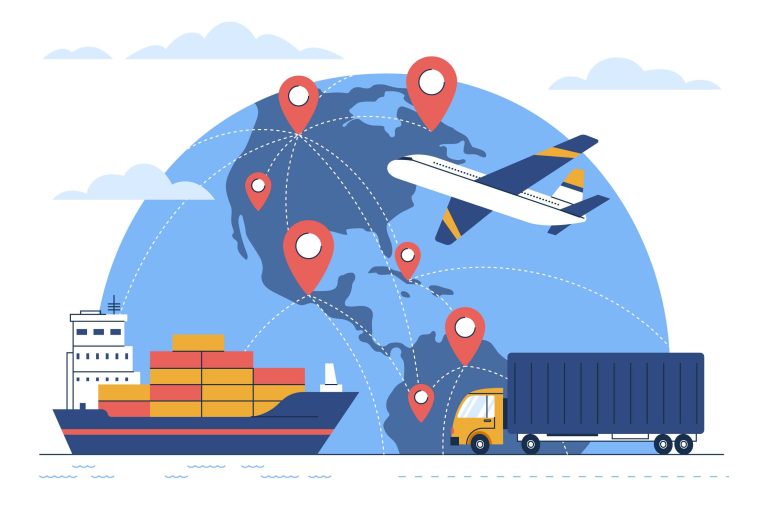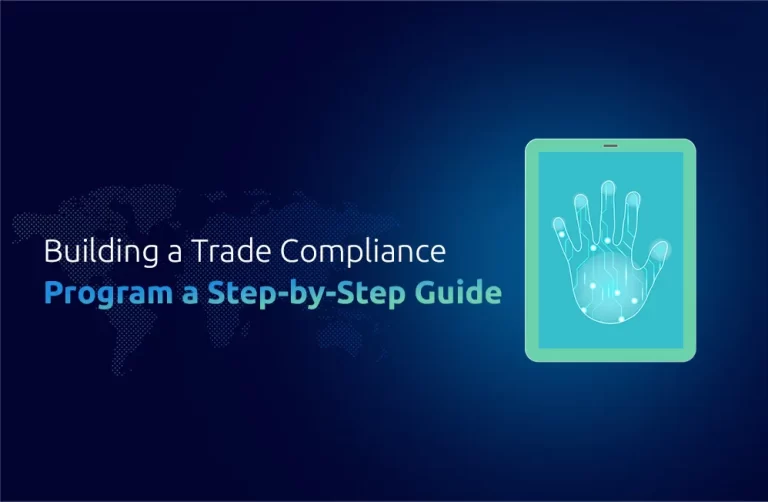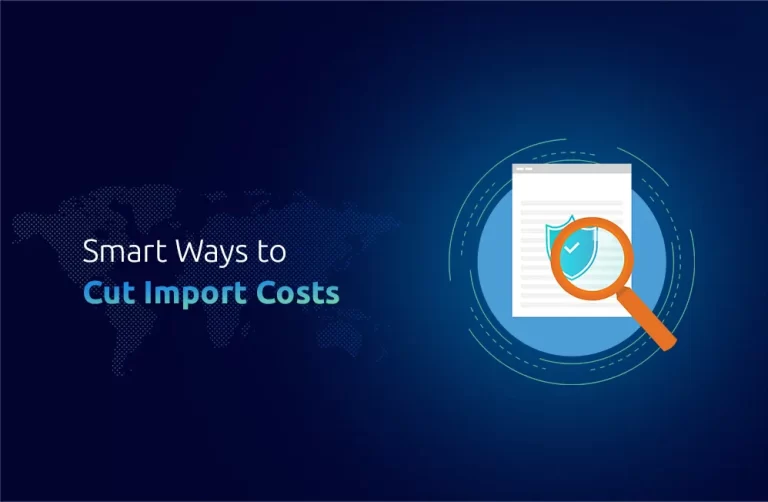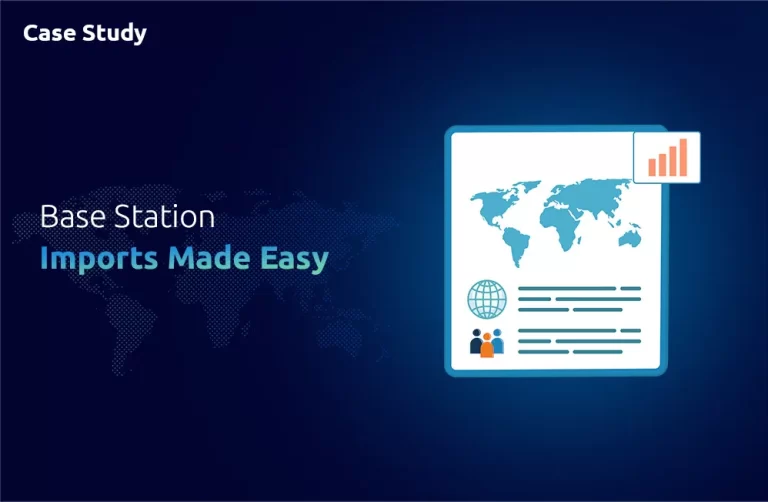Challenges of Importing into Poland
Businesses must carefully navigate several barriers while importing into Poland to guarantee a seamless trade. Strict customs laws must be followed, and truthful statements are necessary to prevent delays, penalties, or seizure. It is essential to specify goods using Harmonized System (HS) correctly codes in order to avoid needless taxes or charges. Invoices, certifications of origin, & transportation documents are all essential for the rigorous documentation process; any mistakes could prevent customs clearance. Authorities’ inspections, which confirm adherence to rules and safety requirements, could cause additional delays.
Furthermore, it is essential to comprehend the complexities of VAT since Poland imposes this tax on imports, but companies may be able to recover it with the right paperwork. The origin and categorization of commodities are two examples of elements that might affect customs taxes; therefore, accurate classification is essential for cost control. Because Polish is the official language of customs procedures, logistics also present difficulties, including the necessity of choosing effective modes of transportation and dealing with possible language hurdles. Another important factor to take into account is regulatory compliance since items need to adhere to both Polish and EU requirements. The importing operation may get more complex if specific goods need particular credentials or approvals. In light of these difficulties, companies are highly encouraged to collaborate with seasoned logistics and trade experts to guarantee a seamless launch into the Polish market.
The Advantages of Importing into Poland’s Thriving Market
Importing into Poland proposes numerous significant advantages for businesses looking to enter Europe’s markets. As part of the European Union, Poland offers access to an integrated market of over 450 million consumers to make it an attractive hub for trade & investment opportunities. Central Europe’s prime location supports the country’s appeal, offering easy access to neighboring EU markets and global trade routes.
Poland is a less expensive option for businesses than other Western European countries because of its comparatively lower operational costs, which include labor and real estate expenses. Poland has an expansive infrastructure consisting of modern ports, airports, roads, and rail networks, which help make logistic operations and transportation more effective. Government initiatives designed to support business are creating a perfect climate for importers.
Poland’s robust industrial base, especially in sectors like automotive, IT, and technology, offers opportunities for businesses to tap into local supply chains and form long-term partnerships. Furthermore, there is a giant market for imported goods of diverse kinds due to Poland’s growing consumer base.
Conclusion
Due to complicated customs operations, tax regulations, and logistical needs, importing products into Poland can take time and effort. However, we simplify the entire process with our customized Delivery Duty Paid (DDP) services from One Union Solutions.
We take care of everything, from delivery to customs clearance and filing taxes, making sure the goods arrive on schedule and in accordance with the local regulations. With our experience, you can focus on expanding your company while we manage the importing procedure. Allow us to guide you confidently and easily through the worldwide market.
Did you know,
Poland is now the sixth largest economy in the EU, with imports growing by an average of 4.5% annually, according to the European Commission.








